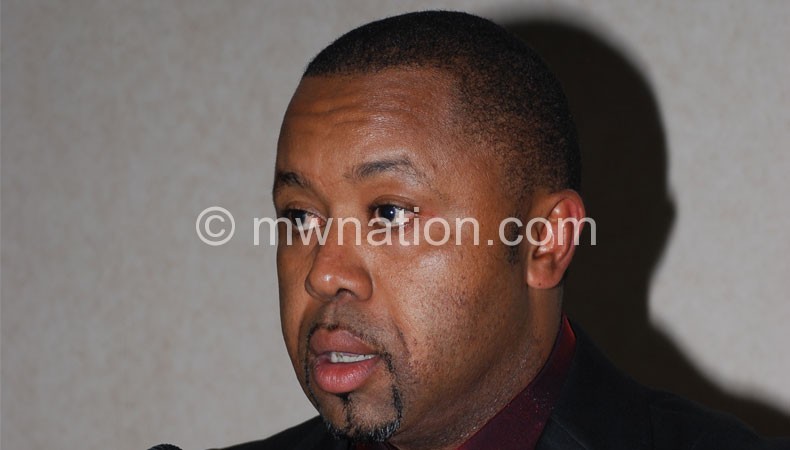Document shows progress on reforms
A report on government’s reform agenda has shown steady progress on the ambitious programme, with several changes already under implementation and others in advanced stages of discussions.
Over the last few years, government has been implementing various reforms to enhance management and institutional capacity of public service to effectively deliver public goods and services.

And immediately after taking over power, President Peter Mutharika appointed a Civil and Public Service Reform Commission, which is headed by Vice-President Saulos Chilima, who provided strategic leadership in the implementation of the reforms.
According to the document that details updates on the reforms and seen by The Nation, since its appointment the commission has been conducting various consultative public hearings/interviews with different stakeholders to hear issues that need to be addressed in the public sector to provide concrete reform recommendations.
Further, to have evidence-based decisions on plans and priorities, some members of the commission had a benchmarking study tour to Kenya, Singapore and the United Kingdom to learn best practices, which Malawi can effectively adapt to the local environment.
“It is envisaged that the paper will stimulate discussion on the long-term reform objectives, underlying policy issues and options to deal with them,” reads the report in part under its introduction.
Titled ‘Progress and Government Plans and Priorities for Public Service Reform’, the report has been compiled by the Public Sector Reforms Management Unit (PSRMU), which was established in the Office of the Vice-President to coordinate all the reforms.
The report is expected to be presented at a Development Cooperation Group meeting on Thursday this week.
Among the issues already under implementation include enhancing managementcapacity (principal secretaries and directors), restructuring and rationalising the public service and putting in place appropriate conditions of services to motivate and retain professionals.
Others include decentralisation of passports printing services to Mzuzu and Lilongwe, improvement of service delivery in the Road Traffic Department, decentralisation of payment of salaries for teachers, restructuring of the Office of the President and Cabinet (OPC) and improving the Integrated Financial Management and Information System (Ifmis), whose weaknesses led to massive looting of public funds.
The commission is also considering to request that Parliament be convened for a special session to discuss all outstanding bills.
However, according to the report, there are other reforms still under discussions, some of which include fast tracking of the National Identity Card project, implementation of a health insurance scheme for all civil servants and improvements in the provision of energy in Malawi.
The commission is currently analysing and synthesising the findings and recommendations before coming up with an action report to be submitted to the President for his consideration and approval.
Contacted for comment on the report, the Vice-President’s press officer Pilirani Phiri said he could not comment on unofficial document, but was quick to add that Chilima was happy with the progress made so far.
“The Vice-President and the commissioners are very happy with progress so far. With the support of all Malawians of goodwill and the leadership of President Mutharika, let’s hope this is the beginning of seeing a high performing, accountable and modern civil service,” said Phiri, adding that the commission was ready to deliver the reforms within the specified six months. n






Apart from having a small percentage of educated people in Malawi we have two main diseases that will see our country remaining as one of the bottom three poorest countries in the world for another century.
– The first self inflicted problem we have as a nation is corruption. This disease shall never leave Malawi because it starts at the very top of govt, it starts with the president to be precise. All our presidents since multiparty politics have been people who have stolen money with impunity because they wild too much power that nobody or no govt institution can touch them. This might explain why our retiring presidents have always undemocratically hand-picked their successors, perhaps to make sure they are never investigated.
.
– The second self-inflicted problem Malawi have is lack of patriotic citizens who can stand up for what is right even if it means a matter of life and death. We have people who are willing to help Nigerians and Zimbabweans to get the Malawian passport who in end tannish our image abroad. We have in coming presidents who cancel life changing development projects for our communities just because the projects were started by the previous regime and they would not like that particular political party now in opposition to take credit for it.
Wake up Malawians its about time we prove to ourselves that we are Homo sapiens (Real Humans) and not Apes (Anyani Wanthu).